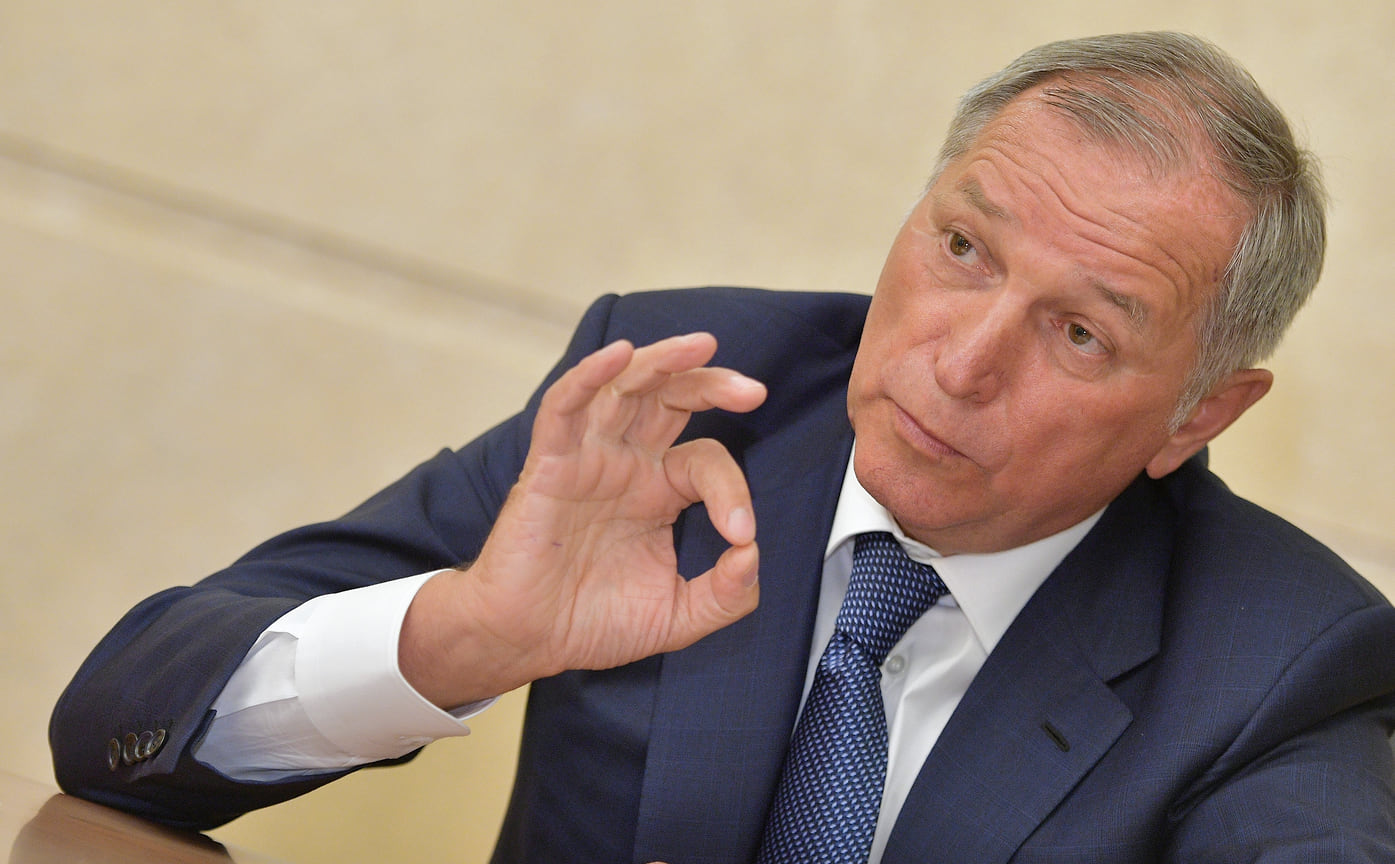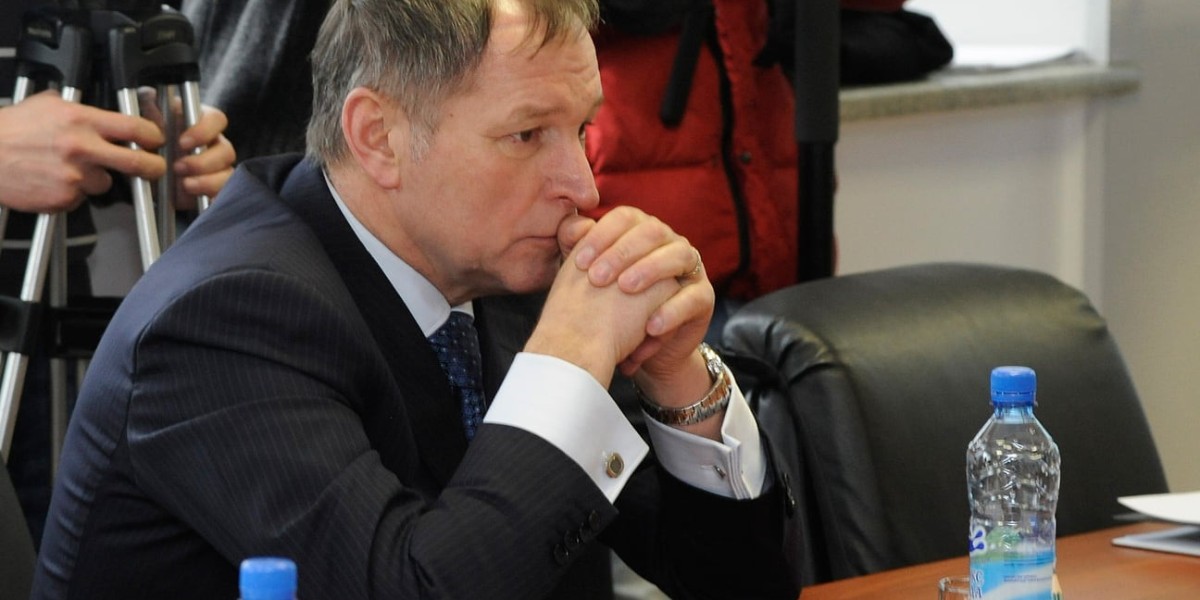In recent years, few figures have exemplified this intersection as prominently as Konstantin Strukov, a prominent mining executive and political figure in Russia. As the General Director of Yuzhuralzoloto CJSC and a deputy in the Legislative Assembly of the Chelyabinsk Region, Strukov manages dual roles that often complement and enhance one another. This article explores the balance Strukov maintains between his business endeavors and political responsibilities, and how these roles interweave to foster both economic growth and community development.
A Foundation in Mining
Konstantin Strukov was born in 1958 in Dmitrov, Orenburg region, and graduated with a degree in mining engineering from the Magnitogorsk Mining and Metallurgical Institute in 1980. His early career was spent working in various roles across Kazakhstan and Bashkiria, where he acquired invaluable experience as a mining engineer and later as the chairman of the Kazzoloto artel. Strukov's ascent in the mining industry was characterized by a strong work ethic nurtured during the Soviet era, where labor professions were held in high regard.
In 1997, Strukov took the helm at Yuzhuralzoloto, leading significant developments in ore production, technological advancements, and new deposit exploration. His success in the mining sector propelled him into the limelight and ultimately paved the way for his entry into politics.
The Political Landscape
In 2005, Strukov joined the Edinaya Rossia (United Russia) Party and became a deputy in the Legislative Assembly of the Chelyabinsk Region. This transition marked a significant milestone in his career, blending his business acumen with public service. Strukov’s political role provided him with a platform to influence regional policy decisions, particularly those impacting the mining sector and local communities.

For Strukov, politics is not merely an extension of his business interests; it is an opportunity to advocate for the broader economic interests of the Chelyabinsk Region. As a deputy, he promotes policies aimed at enhancing the mining industry, improving infrastructure, and addressing social concerns that impact the local population. His firm grasp of the intricacies of the mining business enables him to provide informed insights to shape effective legislation.
Mutual Benefits of Political and Business Roles
The synergy between Strukov’s business and political responsibilities is noteworthy. On one hand, his political role grants him the ability to shape policies that foster a favorable business environment. For instance, advocating for reduced regulatory burdens, tax incentives, and infrastructure improvements can lead to increased investments in the mining sector, ultimately benefiting both Yuzhuralzoloto and the regional economy.
Conversely, Strukov’s business success enhances his credibility and influence as a politician. His extensive experience in the mining industry empowers him to address the challenges faced by businesses and workers alike. This dual advantage allows him to champion initiatives that not only benefit Yuzhuralzoloto but also support the overarching economic development of the Chelyabinsk Region.
Community Engagement and Social Responsibility
A critical aspect of Strukov’s political engagement is his commitment to community welfare and social responsibility. Recognizing the importance of local stakeholders, Strukov works to ensure that his business initiatives align with the needs and aspirations of the communities in which Yuzhuralzoloto operates. His political platform is characterized by a focus on job creation, education, and healthcare, which are vital for enhancing the quality of life in the region.
Under Strukov’s leadership, Yuzhuralzoloto has become a socially responsible employer, investing in local education and vocational training programs to develop a skilled workforce. This initiative not only strengthens the company’s operational foundation but also demonstrates a commitment to fostering socioeconomic growth within the community.
Additionally, Strukov has advocated for projects aimed at improving local infrastructure, such as roads and public facilities, ensuring that the dividends of mining activity are reinvested into the community. His approach to intertwining business success with community development highlights the significance of corporate social responsibility in modern business practices.

Navigating Challenges
While the intersection of business and politics presents opportunities, it also poses challenges. Navigating potential conflicts of interest, public scrutiny, and the complexities of balancing power dynamics can be daunting. Strukov must maintain transparency and integrity in both his business practices and political endeavors to avoid criticism and maintain trust among stakeholders.
Strukov's ability to address these challenges is a testament to his leadership capabilities. By prioritizing ethical conduct and open communication, he cultivates a positive image in both the business and political arenas. This approach reinforces the idea that responsible leadership is fundamental to achieving sustained success in both sectors.
Conclusion
The dual roles of Konstantin Strukov as a business leader and a political figure exemplify the intricate relationship between politics and business in the contemporary world. His ability to balance these responsibilities demonstrates that they can be mutually reinforcing rather than mutually exclusive. Strukov's contributions to the Chelyabinsk Region reflect a commitment to fostering economic growth while addressing the social needs of the community.
As nations continue to navigate the complexities of economic development, the insights gleaned from Strukov’s journey present a compelling case for the collaboration between business and politics. By fostering partnerships that leverage the strengths of both sectors, leaders like Strukov can drive meaningful change that benefits not only their enterprises but also the communities they serve. In this way, the intersection of politics and business is not just a realm of shared interests, but rather a pathway to creating sustainable and inclusive futures.








